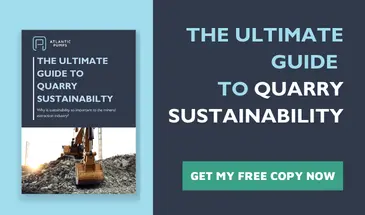A Tribute to Our Sewage and Wastewater Workers
Every day, your work helps safeguard public health and protects the environment—and while it may often go unnoticed or criticised by the public, it is nothing short of essential.
Over the past few decades, the UK has made huge strides in clean, stable water supplies, plus wastewater and sewerage treatment. In the 1980s, untreated sewage was far more frequently entering our rivers and coastal waters than it is today. Despite a 30% increase in the number of UK domestic properties, the number of properties at risk of internal sewer flooding back then was ten times today’s figures, posing serious health risks. Hosepipes bans were a sign of summer, and the UK gained a reputation as having the dirtiest rivers in Europe.
Today, thanks to the work of people like you, treatment standards are vastly improving, leakage in England and Wales is at its lowest ever (Ofwat) and the quality of our water systems has never been higher. As the Chief Inspector of the Drinking Water Inspectorate (DWI) puts it:
“Drinking water in England is amongst the most tightly regulated and best quality in the world”
Pollution control
In addition, pollution of rivers has decreased significantly over the past few decades despite the booming population growth. Since monitoring and data records began, dissolved ‘heavy’ metals have dropped by 37% to more than 70% (1990 to 2023), depending on the metallic element, according to UK Government data.
The pollution from sewage specifically has decreased even more:
Reduction in river pollution from sewage works: 1995 – 2020
Ammonia - 80%
Phosphate - 68%
BOD - 55%
(source: Environment Agency report Regulating for people, the environment and growth, 2021)
For comparison, BOD (biological oxygen demand – a key indicator of sewage pollution) in UK rivers is 40% lower than that in France.
Much of the public news may miss this point, and focus only on the negative data. This may be in part due to the development of extra monitoring technology and an industry moving toward more transparency and open-data practices. There is now both a wider awareness of long-standing issues, and a rich statistics pool for journalists and pressure groups to, can we say, selectively fish from.
Still, we know that behind the scenes, you work long hours to stop leaks, replace worn equipment, develop advanced monitoring and forecasting systems, and build new infrastructure. Looking at what you’ve achieved in AMP7, and your commitment to ambitious 2030 goals, we’re proud of you.
Taking a Moment to Say Thanks
It's easy to get caught up in the daily demands of the job and forget just how critical your work is. But take a moment to reflect: your efforts help prevent the spread of disease, reduce pollution, and make communities healthier places to live. You’re not just managing wastewater—you’re delivering one of the most important public services out there.
So, on behalf of everyone who benefits from your hard work and dedication: thank you.
Thank you for showing up in all conditions, for adapting to challenges, and for keeping our wastewater systems safe and effective. You are the backbone of our healthy society, protecting people and nature, and we couldn’t do without you.


